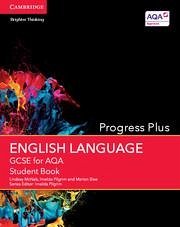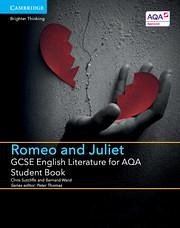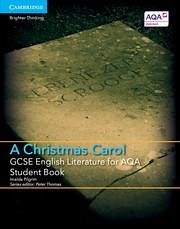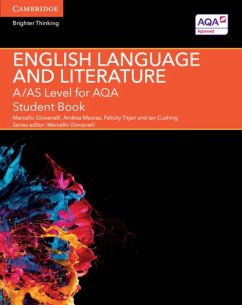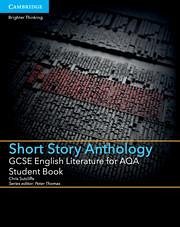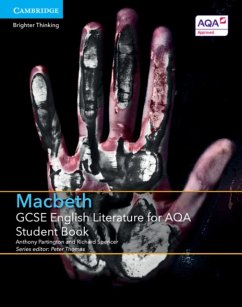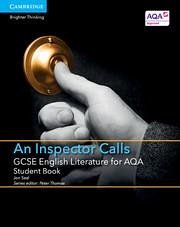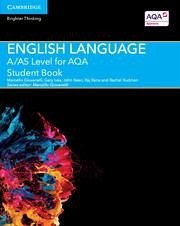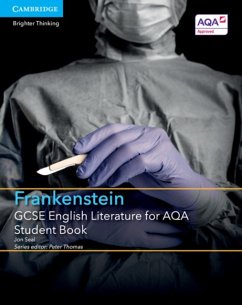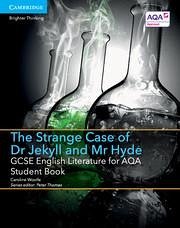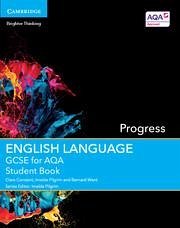
GCSE English Language for AQA Progress Student Book
Versandkostenfrei!
Versandfertig in 2-4 Wochen

PAYBACK Punkte
19 °P sammeln!



A new series of bespoke, full-coverage resources developed for the 2015 GCSE English Language qualifications.
Produktdetails
- GCSE English Language AQA
- Verlag: Cambridge University Press
- Seitenzahl: 264
- Erscheinungstermin: 4. Juni 2015
- Englisch
- Abmessung: 278mm x 220mm x 13mm
- Gewicht: 674g
- ISBN-13: 9781107453135
- ISBN-10: 1107453135
- Artikelnr.: 41854416
Herstellerkennzeichnung
Libri GmbH
Europaallee 1
36244 Bad Hersfeld
gpsr@libri.de
Für dieses Produkt wurde noch keine Bewertung abgegeben. Wir würden uns sehr freuen, wenn du die erste Bewertung schreibst!
Eine Bewertung schreiben
Eine Bewertung schreiben
Andere Kunden interessierten sich für


